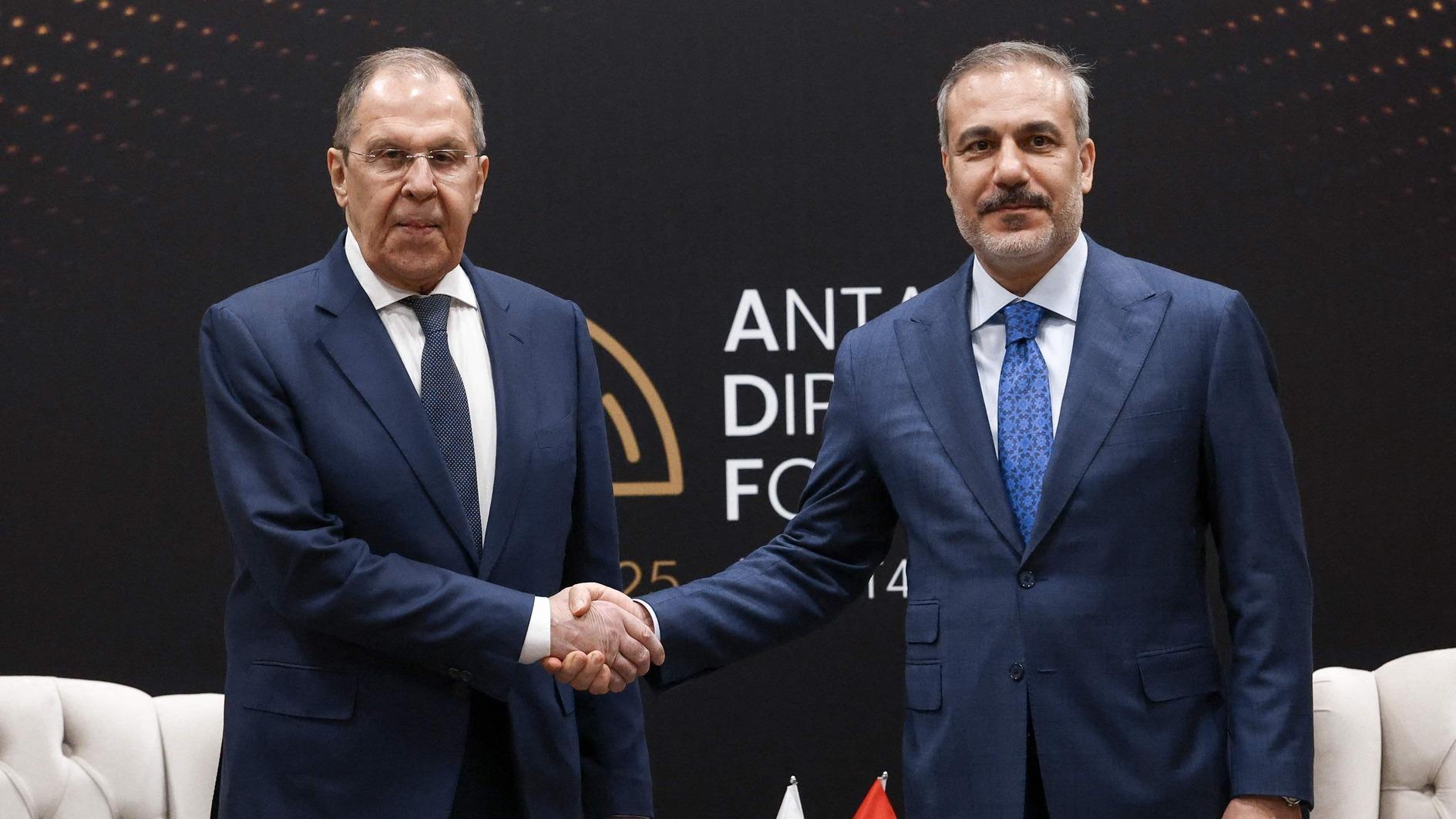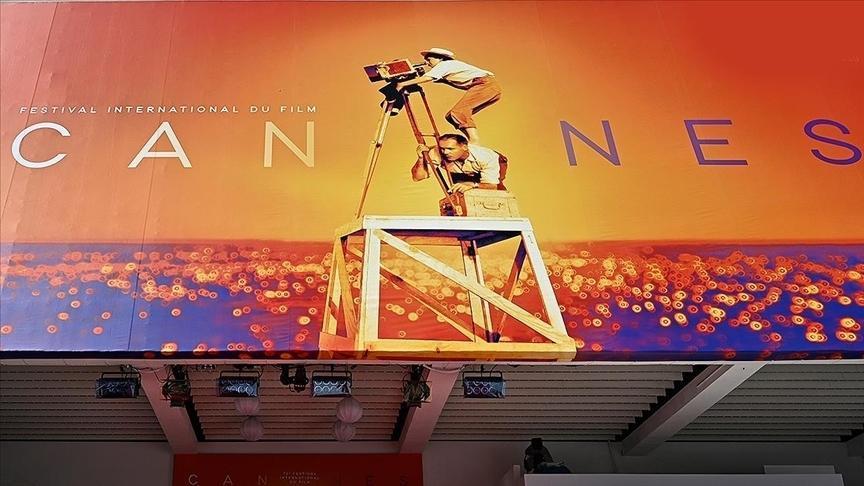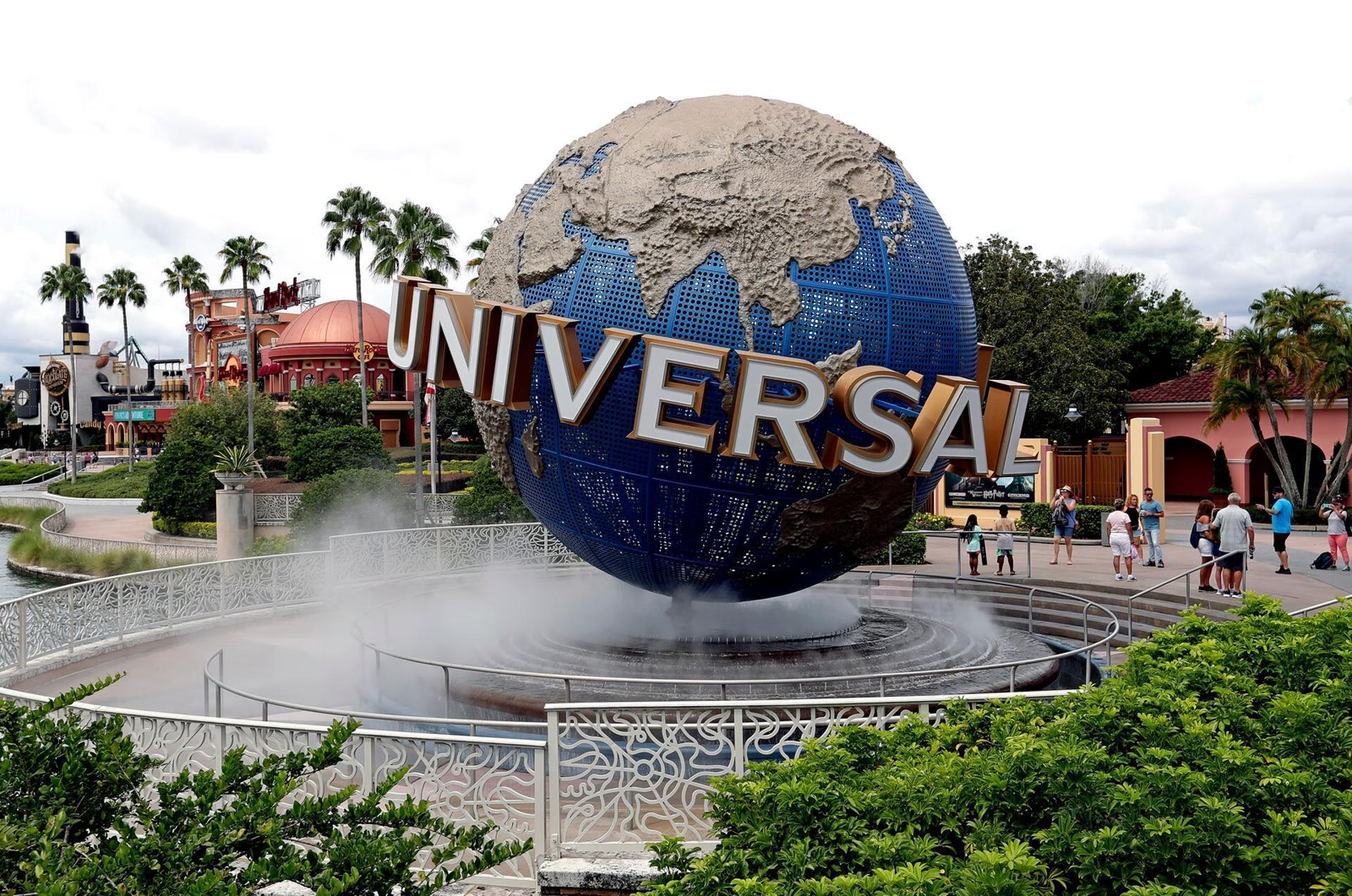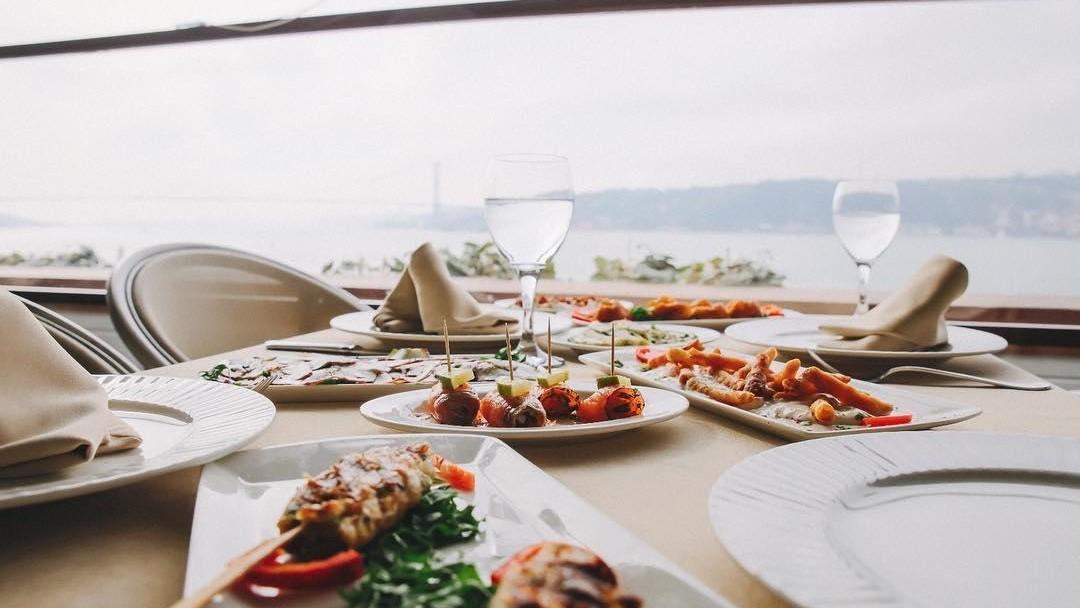Turkey ‘best example of harmony’
ANKARA - Hürriyet Daily News
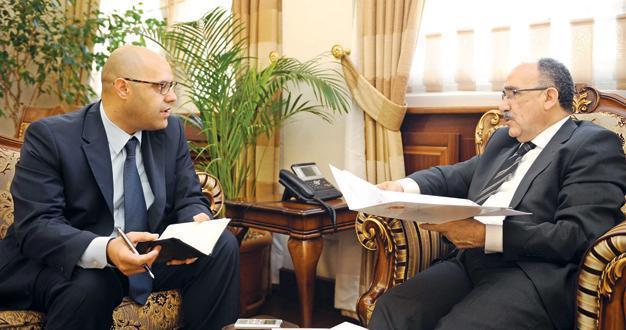
Deputy Prime Minister Beşir Atalay (R) speaks with the Daily News’ Ankara Bureau Chief Serkan Demirtaş about Turkey’s role in the Alliance of Civilizations. DAILY NEWS photo, Selahattin SÖNMEZ
Turkey stands as the best example of the Alliance of Civilizations’ goals thanks to its ability to have different ethnic and religious groups coexist in harmony under democratic rule, Deputy Prime Minister Beşir Atalay said May 22.“Turkey is the main pillar of the Alliance of Civilization, and, in fact, it has garnered a good record of prestige,” Atalay told the Hürriyet Daily News in an interview. “In the last 10 years of our government, [the Justice and Development Party - AKP], we have worked to provide the best conditions for the coexistence of different segments of society. We first provided this sort of Alliance of Civilizations at home.”
Established under the roof of the United Nations in 2005 with the co-sponsorship of Muslim Turkey and Christian Spain, the initiative aims to build cross-cultural ties to eliminate a potential clash of civilizations between different religions. Having matured over the years, the alliance aims to complete its institutionalization process at the Istanbul summit, which is slated for May 31 and June 1.
“We are attaching importance to the fundraising dimension of the Istanbul meeting. There are currently 130 countries of the Friends Group, including some international organizations. Fifty participant countries and international groups will voice their commitments and evaluations with regard to the current and future activities of the initiative,” Atalay said.
The financial commitments of the participants will not only help the institutionalization of the global initiative but also the effectiveness of the projects that will be launched in due course, he said. “With these tasks, the Istanbul meeting is perhaps much more important than forum meetings of the Alliance of Civilizations.”
Turkey currently donates $1 million per year to the alliance but will increase this amount in 2012. Due to the economic crisis in Europe, there are concerns that overall donations will remain lower than expectations. Spain’s new government even voiced reservations about pledging more money to the initiative before reiterating its commitment to the process. “Spain’s position in this initiative is very important. They remain committed to the project and they attach importance in actively participating in different projects [of the Alliance of Civilizations],” Atalay said.
Atalay underlined that the objectives of the initiative were very much in line with Turkey’s goal of creating an environment where everyone can freely live in peace and harmony without being discriminated against.
“In one sense, we have experienced this Alliance of Civilizations in our country. With Spain, a Christian country, we have undertaken this responsibility to resolve the problems humanity is suffering because of a lack of dialogue and mutual understanding,” the senior official said.
Arab Spring to top discussions
The Istanbul meeting of the initiative coincides with the historic days the Muslim world is passing through, particularly due to the ongoing Arab Spring. “The Alliance of Civilizations and the ongoing Arab Spring have so many common objectives like heeding the demands of the people for a more democratic and peaceful co-existence,” he said. “There are sure to be some references to the Arab Spring in Istanbul.”
Among the participants at the meeting are Rached Ghannouchi, the leader of the Tunisian Ennahda political party, Riz Khan from Al-Jazeera, as well as internationally known scholars like John Esposito and Richard Folk. One of the forums will especially focus on local governance, with Istanbul Mayor Kadir Topbaş addressing the audience as the head of the United Cities and Local Governments. The head of the Turkish Directorate of Religious Affairs, Mehmet Görmez, will also make a speech at the meeting, whose opening will be made by Prime Minister Recep Tayyip Erdoğan.
Opposition’s criticisms
When reminded that opposition parties often criticize the government for acting as a tool of Western powers by initiating the Alliance of Civilizations, which they deem to be part of the Greater Middle East Project, Atalay said: “The two initiatives were two different things. … First of all, one has to see that this is a U.N. project. It’s not a regional but a global action trying to promote the U.N.’s mission and its objectives. I do not think one can challenge the objectives of this mission.”
Recalling that the alliance was a product of the post-Sept. 11 process and an attempt to counter deepening Islamophobia in the world, the deputy prime minister said: “Time has shown how these kinds of initiatives are necessary. … Even today, we witness growing discrimination and Islamophobia, especially in European countries. It may be tied to the economic crisis, but it has also some ethnic and cultural reasons as well.”


